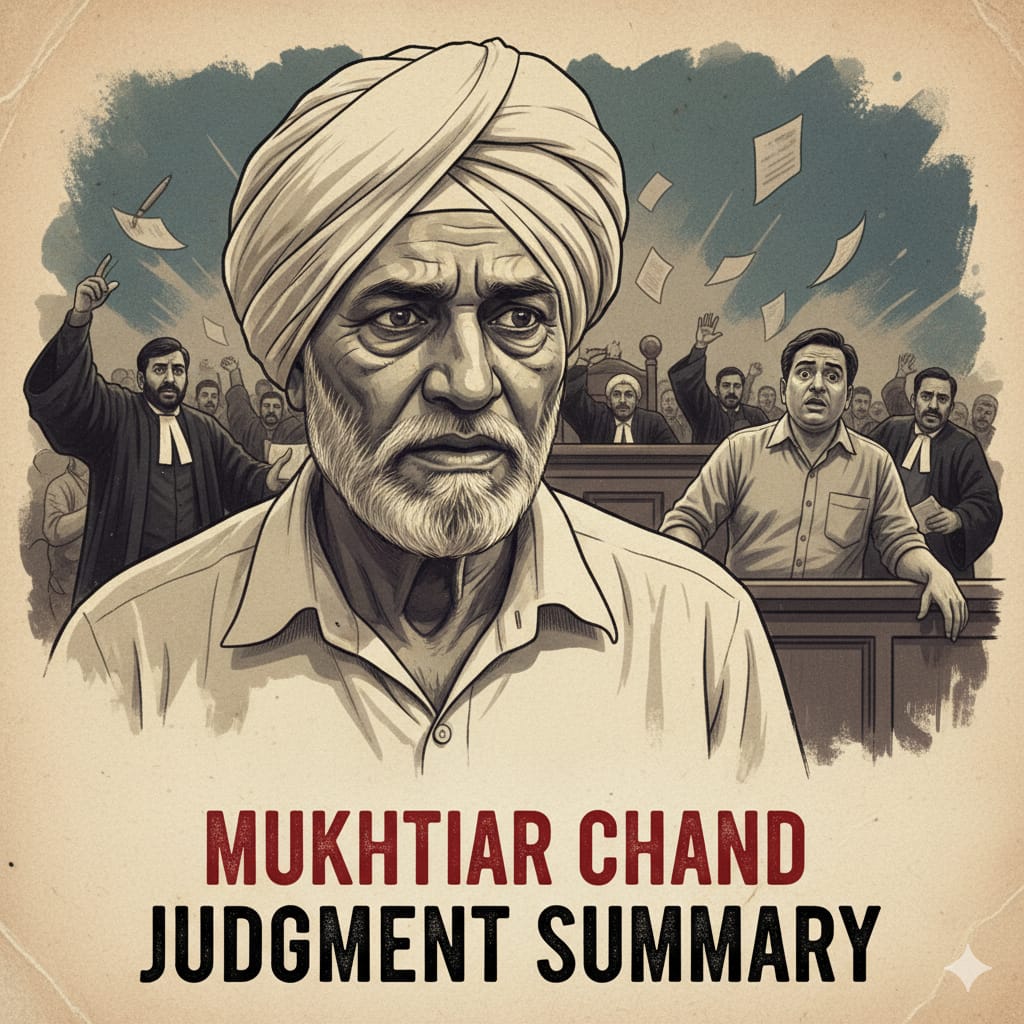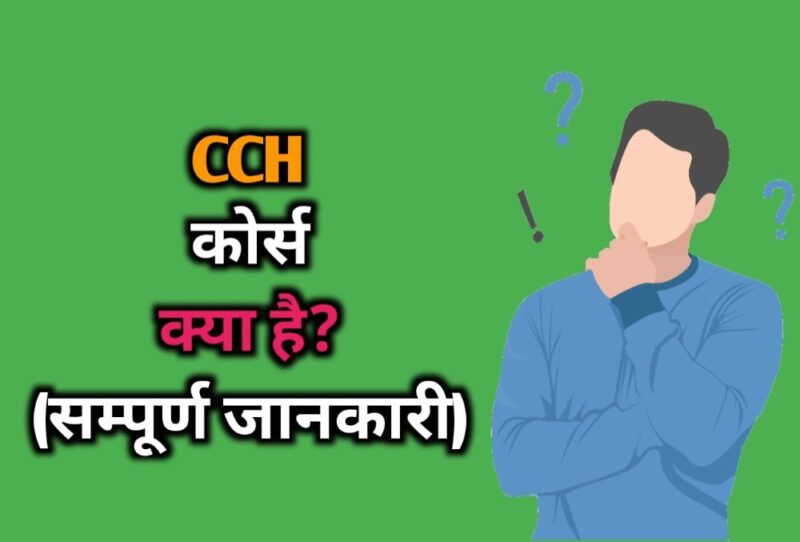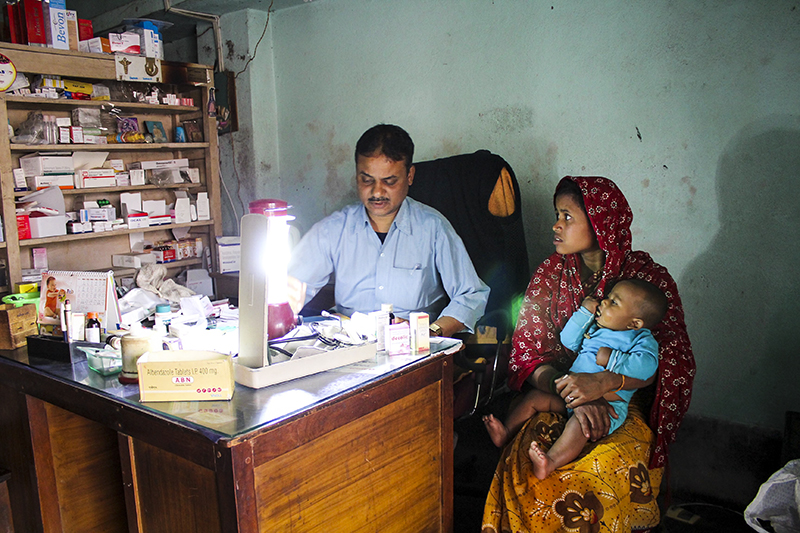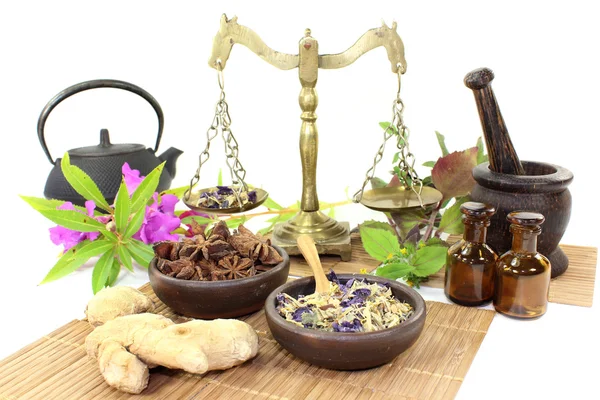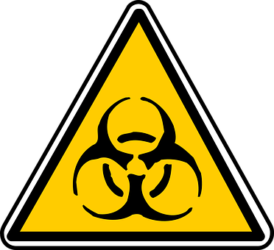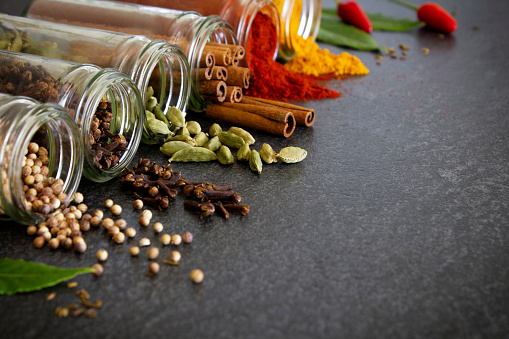Blog
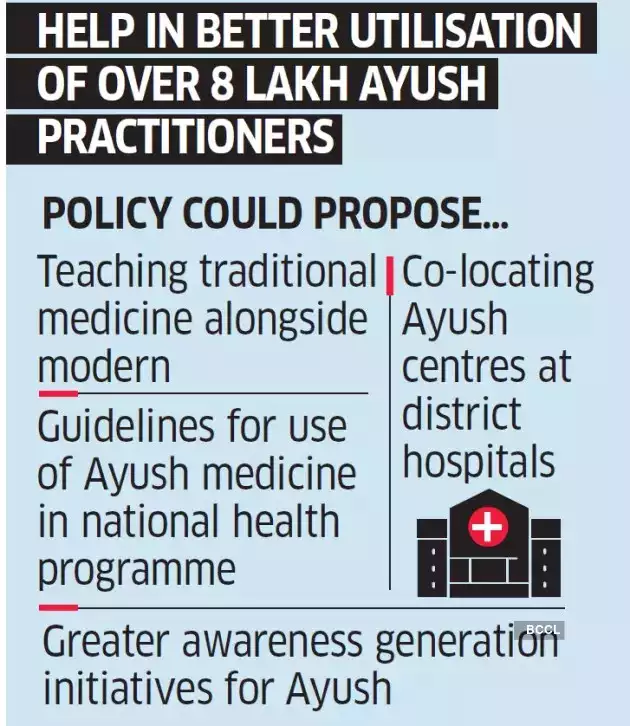
Integrative Health Policy (An Ayush Practitioner’s view)
INTEGRATIVE HEALTH POLICY ——WORRIES, VIEWS, RECOMMENDATIONS, PROPOSALS AND COMMENTS (An AYUSH PRACTITIONER’S VIEW)
1. Comments and suggestions on the Integrative Health Policy which was jointly developed by the Ministry of Health, the Ministry of Ayush and the NITI Aayog as per the TOI article.
2. Delhi High Court also asked the Government
How will you integrate Allopathy with Ayurveda, Yoga, and Homoeopathy in Medical Education and Practice?
The policy will recognizes that both allopathic and Ayush systems of medicine have their own strengths and limitations and that integration can lead to a more holistic and patient-centered approach to healthcare.
Ayush is, a traditional and non-conventional health care and healing system including Ayurveda, Yoga, Naturopathy, Unani, Siddha, Sowa-Rigpa and Homoeopathy.
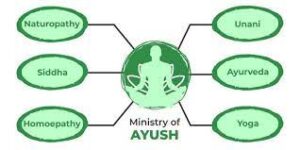
An integrated health system is present in several countries, including China, Japan, Korea and Germany, and claimed that the “coordination of all medical systems” will benefit the patients.
Ayush practitioners are fully competent as per their teaching and training to work in PHC and Basic health providers i.e. General practitioners in the general population. Already in work in several Health programs and several state PHCs. If govt wants to train in some fields and wants to give hand on experience in some fields (Gynae, Surgery, Paedriatic etc), this step will be welcomed.
An integrated health system is the only solution to achieve sustainable health goals in India. There is a need for the adoption of the Indian Holistic Approach in medical education & practice rather than the Colonial segregated way.
A combination of modern and traditional medicine at the levels of education, training, practice and policies and regulations would secure the Right to health guaranteed under Article 21, 39 (e), 41, 43, 47, 48 (a), 51 A of the constitution and improve the country’s doctor-to-population ratio as well as strengthen the healthcare sector.
WHO says more than 80% of the world’s population in over 170 of its 194-member states currently use some form of traditional medicine, such as herbal medicine, yoga, Ayurveda, acupuncture and acupressure, and indigenous therapies.
Besides, over 40% of pharmaceutical formulations are based on natural products. If allopathic medicine is originally made of constituents of Ayush, then, why can we not accept them directly as part of our regular medical support system?
The NITI Aayog believes that integrating the two medicine systems will enable better utilization of over 8 lakhs registered Ayush practitioners in India. This alternative Medical professional force has always been neglected by the government and is capable of providing a supporting hand to uplift our healthcare status.
There is a need for integration to promote natural healing, bring down the cost of treatment, and avoid unnecessary usage of strong medicines having side effects by combining the benefits, procedures, and education of modern medicine with Ayush to provide evidence-based comprehensive healthcare to an individual and the community.
Modern medicine practitioners have remained confined to their niche, which has restricted their practice and cannot benefit diseased individuals through the use of other therapeutic regimens.
So-called revolutionary medical innovations have in the long run proven to be dangerous, causing severe and long-term side effects. eg. As we seen during Covid-19.
Health Centers Integration
The plan is to co-locate Ayush centers at primary health centers, community health centers and district hospitals and step up investments in education at UG and PG levels and research under Ayush, on the lines of China where traditional medicine is taught alongside modern medicine.
Recommendation: Greater awareness of Ayush leads to more utilization by the masses. Private practitioners’ involvement is to be increased by accepting referrals and providing time-to-time training on advances happening in the field.
Those Practitioners who are doing Gynae and Obs. Practice i.e. Female Doctors of Ayush are competent enough to do the Daycare procedures by themselves, accommodation of them by giving rights and time-to-time training in this policy necessary for Rural Health care delivery.
Prescription Integration
Under the policy, the government could also come up with guidelines to include Ayush medicines in various national health programmes and develop a credible research base to ensure that traditional medicine gets embedded with modern medicine.
Recommendation Increase the use of Co-prescribing two or more system drugs for the benefit of the patient.
E.g. In viral cough and cold Syp Vasaka along with T.CPM, T.PCM, T.Dexa
Use of Haridrakhand, Kantkari Avleh etc in extended viral cough recently seen in December & January months.
Disease Approach Integration
It is believed that certain chronic (Diabetes, Hypertension, Dyslipidaemia etc.) and non-communicable diseases along with mild cases of viral infections like Covid and Influenza flu can be tackled with Ayush methods of treatment along with modern medicines for severe cases.
Recommendation Eg. Increase use of Mukta vati, Yoga and Meditation in Hypertension
Use of Garlic Preparation in Dyslipidemia.
For Post Graduates Integration
As 57 types of surgeries and several procedures are already done by Ayush PG graduates.
Their proper utilization and upgrade will be ascertained by this Integrative policy.
Newer challenges like the NIPAH virus etc also be tackled by this approach.
PROPOSALS
We assume this policy aims to promote the integration of Ayush into mainstream healthcare by developing appropriate regulatory frameworks and standards of education, training, and practice.
It also increase public awareness about the benefits of integrative healthcare and to promote research and development in this area.
To achieve these objectives, we Ayush practitioners proposes a number of measures, including:
1.The Integrative Health Policy represents an important step towards promoting a more holistic and patient-centred approach to healthcare in India. By integrating allopathic and Ayush systems of medicine, the policy aims to provide patients with a wider range of treatment options and to promote better health outcomes for all.
2.Developing common standards for the integration of Ayush in medical education and training programs for healthcare professionals.
3.Developing guidelines for the integration of Ayush in clinical practice, including the development of integrative healthcare models.
4.Promoting the use of evidence-based Ayush interventions in healthcare.
5.Increasing public awareness about the benefits of integrative healthcare through education and communication programs.
6.Encouraging research and development in integrative healthcare.
WORRIES: –
1.Some practitioners are worrying that as learning of Ayurveda is made available to Allopath fellows then there is a risk that they master the successful treatments and procedures like Kshar sutra, Shirodhara etc leading to the loss of patients to Ayush practitioners.
2. As they have bigger setups and more equipped infrastructure, they have easy access to Medical insurance and empanelled their setups leading to further loss of patients now available only to Ayush practitioners.

